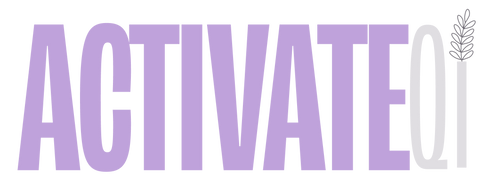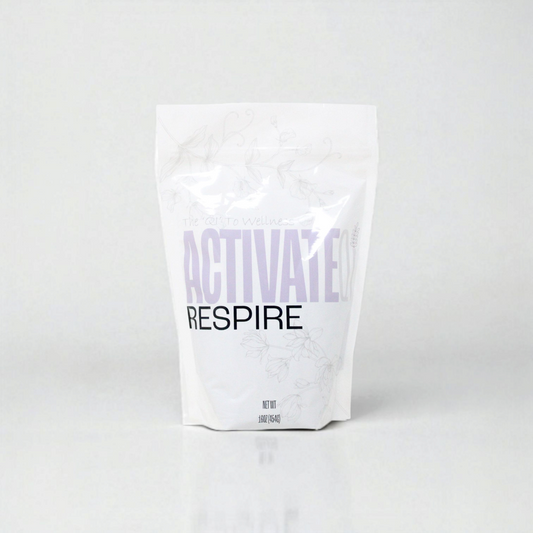Key Organ Systems in TCM That Influence Endocrine & Metabolic Health — with a Focus on Cushing’s Disease
In Traditional Chinese Medicine (TCM), we don’t treat the disease name—we treat the pattern of disharmony. This foundational approach is especially powerful when addressing chronic metabolic conditions like Cushing’s disease in horses and other endocrine syndromes.
Rather than targeting a single symptom or hormone (like cortisol), TCM views endocrine and metabolic disorders as reflections of deep internal imbalances in organ systems. These imbalances evolve over time, often triggered by stress, poor nutrition, aging, and emotional disharmony.
The Spleen — Engine of Qi, Blood & Metabolism
The Spleen is one of the most important organs in TCM, acting as the main producer of both Qi (energy) and Blood. It does so by transforming food and fluids into usable energy and nourishment.
When the Spleen is strong:
- Qi and Blood production are abundant
- Digestion is efficient
- Fluids are well-regulated
- Energy feels steady
But when it’s weak—often due to chronic stress, overthinking, poor digestion, or improper diet—we see signs like:
- Fatigue and muscle weakness
- Bloating and dampness
- Poor circulation
- Weight gain or difficulty losing weight
- Digestive sluggishness
- Anemia-like symptoms
In horses with Cushing’s or metabolic issues, Spleen Qi Deficiency is often at the core, contributing to poor transformation of fluids and leading to phlegm or damp accumulation (i.e., abnormal fat storage or coat changes).
TCM Source: Maciocia, G. (2005). The Foundations of Chinese Medicine. Elsevier.
The Kidneys — Storehouse of Essence, Hormonal Balance & Longevity
The Kidneys are considered the root of life and vitality in TCM. They store Jing (Essence)—the body's constitutional energy—as well as govern reproduction, growth, and endocrine function.
In metabolic disorders such as Cushing’s, Kidney deficiency is almost always involved:
- Kidney Yin Deficiency can lead to internal heat and dryness, contributing to excess cortisol, restlessness, and poor fluid regulation.
- Kidney Yang Deficiency may manifest as cold limbs, fatigue, fluid retention, and slowed metabolic fire.
- Jing Deficiency is often seen in older horses or those exposed to chronic stress or overwork, presenting as hormonal imbalance, dull coat, or a weakened immune system.
Think of the Kidneys as the battery pack of the body. When they are depleted, all other systems suffer.
TCM Source: Flaws, B., & Sionneau, P. (2001). The Treatment of Modern Western Medical Diseases with Chinese Medicine. Blue Poppy Press.
The Liver — The Great Regulator of Qi, Blood & Emotions
In TCM, the Liver is responsible for the smooth flow of Qi and Blood throughout the body. It also influences the nervous system, mental clarity, and emotional health. The Liver and Heart together shape our overall mental-emotional landscape.
When the Liver is healthy:
- Qi flows freely
- Hormonal rhythms are balanced
- Emotions are stable
- Digestion and circulation are smooth
When the Liver becomes stagnant (from stress, trauma, poor diet, or unexpressed emotion), Qi becomes stuck. This can cause:
- Tension and tightness
- Irritability or restlessness
- Metabolic dysregulation
- Hormonal imbalance
- Feeling emotionally or physically “stuck”
Liver Qi Stagnation is often present in Cushing’s and other endocrine disorders, sometimes evolving into Liver Fire (excessive internal heat), which further aggravates symptoms.
TCM Source: Deadman, P., & Al-Khafaji, M. (2001). A Manual of Acupuncture. Journal of Chinese Medicine Publications.
Phlegm-Damp Accumulation — The Hidden Saboteur
One of the hallmark TCM patterns in Cushing’s disease is Phlegm-Damp accumulation—a byproduct of weakened Spleen function and Qi stagnation.
This manifests as:
- Puffiness or swelling
- Abnormal fat pads
- Thick or patchy coat
- Lethargy
- Insulin resistance
- Nodules or cysts
Over time, Damp can congeal into Phlegm, which further obstructs the body’s ability to metabolize, detoxify, and regulate hormones. In some horses, this presents similarly to laminitis or recurring infections.
TCM Source: Maciocia, G. (2008). The Practice of Chinese Medicine. Elsevier.
Shen Disturbance — The Heart-Kidney Connection
In chronic metabolic conditions, emotional stress plays a central role. TCM emphasizes the Shen—our mental-emotional-spiritual vitality—which resides in the Heart but is deeply nourished by the Kidneys.
Long-term stress, pain, or discomfort weakens both the Heart and Kidneys, leading to symptoms such as:
- Anxiety
- Restlessness
- Depression or dullness
- Poor sleep
Supporting Shen in chronic illness helps the animal regain resilience, trust, and vitality—both physically and emotionally.
So What Does Treatment Look Like in TCM? Instead of chasing symptoms, TCM seeks to restore harmony among the organ systems.
Depending on the horse’s constitution and stage of disease, your treatment plan might include herbs to:
| TCM Pattern | TCM Goal | Herbal Focus |
|---|---|---|
| Kidney Deficiency | Rebuild foundation, slow degeneration | Tonify Kidney Jing & Yin |
| Spleen Qi Deficiency | Boost metabolism, reduce fat retention | Strengthen Spleen Qi & dry Damp |
| Damp-Phlegm Accumulation | Reduce inflammation, normalize fluid metabolism | Transform Phlegm, resolve Damp |
| Liver Qi Stagnation | Support hormonal flow, ease emotions | Move Qi, soothe Liver |
| Heat or Fire | Calm inflammation, settle nervous energy | Clear Heat, nourish Yin |
How TCM Approaches Cushing’s Holistically
In Western medicine, Cushing’s is treated as a pituitary or adrenal disorder involving excess cortisol. In TCM, it’s seen as a chronic degenerative syndrome arising from depletion and disharmony. We don’t aim to “suppress cortisol” but instead restore balance to the underlying systems:
✅ Tonify the Kidneys — Rebuild Jing, support adrenal/endocrine strength
✅ Strengthen the Spleen & Drain Damp — Improve metabolism and fluid regulation
✅ Clear Liver Heat / Move Liver Qi — Ease stagnation, promote hormonal and emotional balance
✅ Resolve Phlegm & Transform Damp — Address puffiness, coat changes, and insulin resistance
✅ Calm and Nourish Shen — Improve emotional well-being, long-term resilience
This root-focused approach doesn’t just mask symptoms—it supports the body’s ability to restore balance naturally over time.
The Takeaway
Cushing’s and other endocrine conditions aren’t just surface-level hormonal issues—they reflect deep patterns of imbalance across several core systems. By addressing the Spleen, Kidneys, Liver, and Heart, TCM helps bring the body back into regulation—not through force, but through nourishment, movement, and harmonization.
Results take time, especially in chronic conditions—but when the body’s systems are supported holistically, they remember how to heal.




